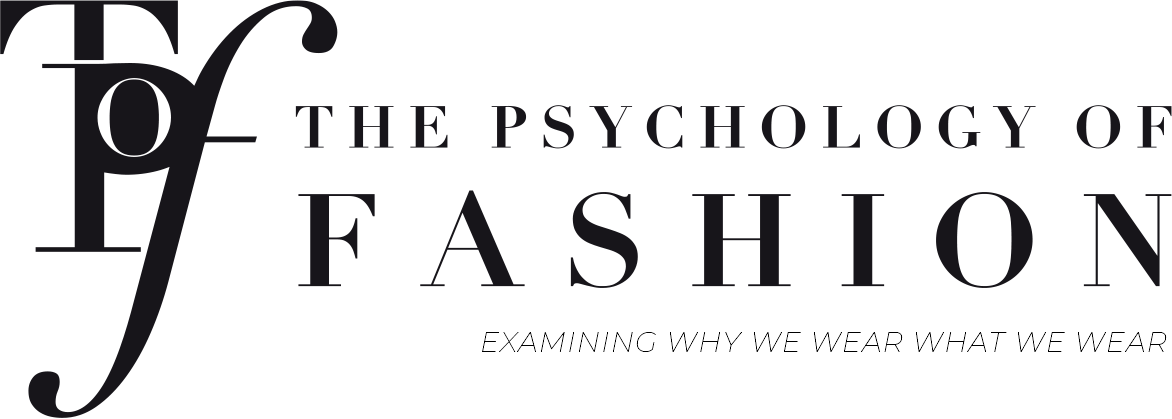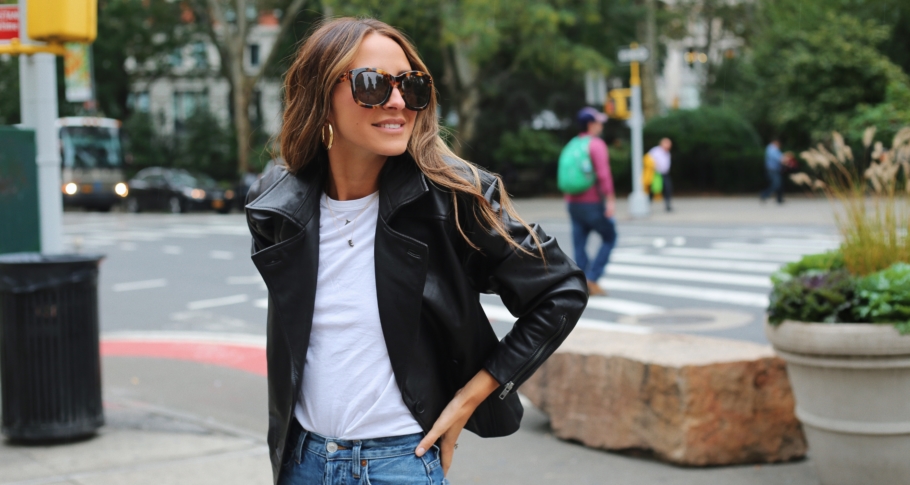One of the main criticisms I’ve heard against my theory of fashion psychology, namely that it’s personality traits that drive aesthetic preference, come from those that argue that taste is actually socially derived. It’s the old nature vs nurture debate. The opponents feel that we look to others - friends, celebrities, influencers, people in our environment - and tend to be inspired by what we see. They insist that we’re social animals trying to fit in with a group, and that we’re really just a blank canvas without these social cues.
But the study of social dynamics is sociology, not psychology. The key difference between sociology and psychology is that psychology is more concerned with people as individuals, while sociology is more concerned with people as a group. IE Who are we if we strip back these other social factors?
A specific conversation I had with a fashion editor brought this debate of “what drives personal style” to a head. He argued that his style isn’t driven by his personality, but it was because he listened to a lot of hip hop growing up, and then had lived in Tokyo for several years. What he was missing in his narrative, is that while his style evolved as a result of these lifestyle experiences, the common denominator of his clothing decisions and the choices of listening to hip hop and moving to Japan, is him. It was he (and his personality traits) that were attracted by the confident tempo of hip hop and the eclecticism of Japan, and in tandem, his new looks. We can always trace decisions back to being a byproduct of the “Big 5” personality traits: neuroticism, agreeableness, conscientiousness, extraversion, and openness to experience - these are the traits that psychologists look to for correlations.
The same goes when examining the power of influencers. Yes, we are influenced by social media and specific personalities. But the clincher is that it’s not all personalities equally. There are usually only a few influencers that usually really speak to us. For example, when discussing among friends, it’s strange that we have very different ideas of what inspirational is. While one of us is inspired by Chiara Ferragni, another doesn’t care for her, but goes crazy for everything Giorgia Tordini wears, while my favorite is Arielle Charnas. So again, we like to copy the style of influencers not just because they’re popular, but because a quality they seem to possess is a quality we also possess, and would like more of. It could be domesticity, self-control, convention, humor, intellect, and so on. If there wasn’t already some synergy, we wouldn’t care.
The main thing to ask yourself is to make sure you really are practicing this type of authentic inspiration and not mindlessly copying everything you see because you think it’s what you “should” have. The decisions should be at a gut-level. The goal is to live into a place where you know that ultimately the main driver of your personal style, is you.












As news of PSYKHE’s launch spreads, The Psychology of Fashion and PSYKHE’s founder Anabel Maldonado sat down with editors at Forbes and WWD to discuss the platform, the journey and why the world needs personalization powered by AI and psychology.